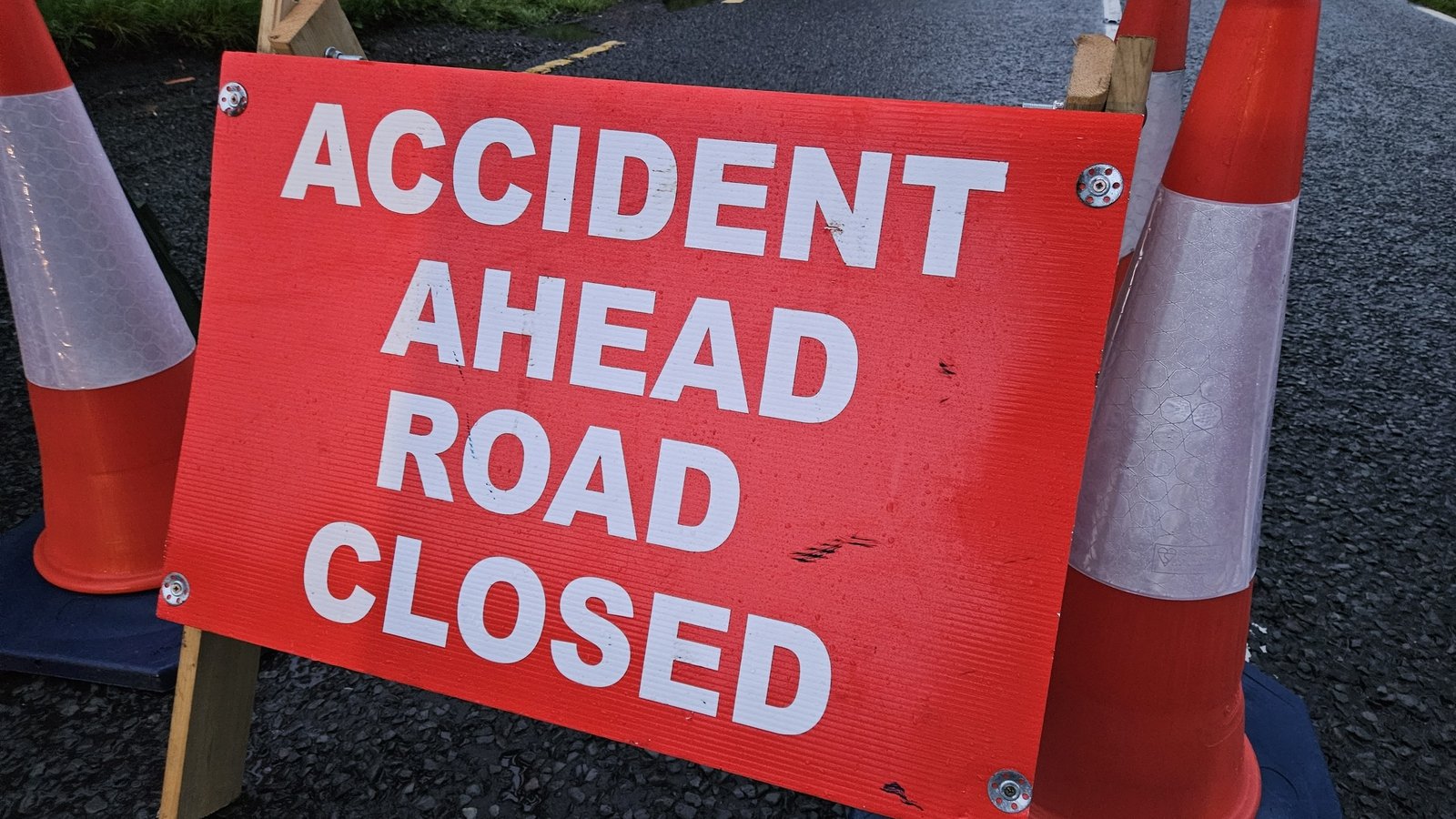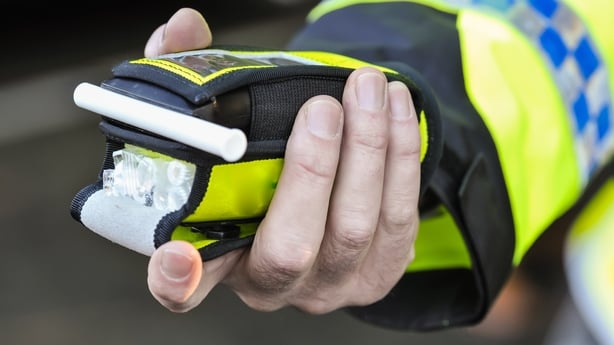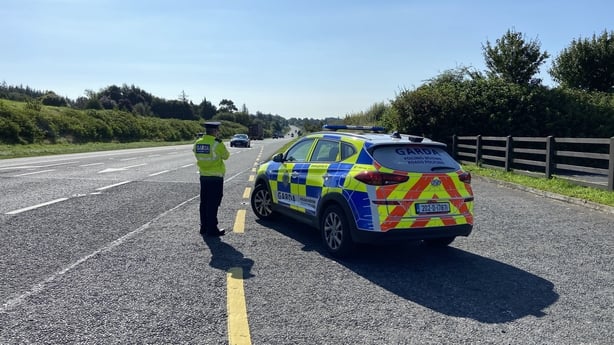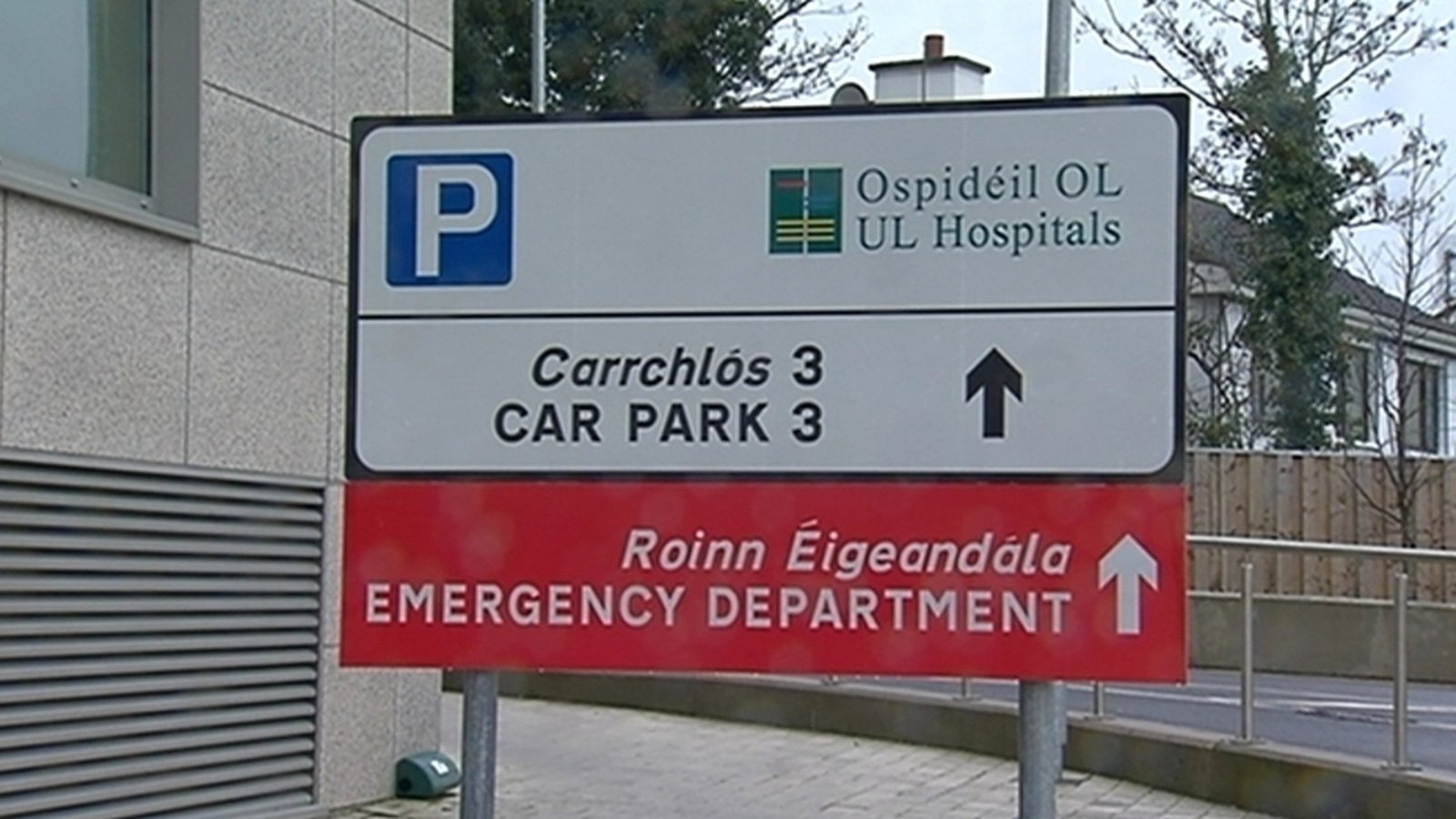‘Culture of recklessness’ on roads, says minister

A “culture of recklessness” has developed on Ireland’s roads, according to the Minister of State with Responsibility for Road Safety.
Jack Chambers said it has been the worst possible start to 2024 and significant cohorts of people are ignoring the law and the need to slow down, and are also continuing to drive while intoxicated.
Two people lost their lives on Irish roads over the weekend – bringing the numbers of those who have died in road crashes to ten so far this year.
Three people were killed in separate road incidents on 5 January alone.
The Road Safety Authority has said that 184 people were killed on Irish roads in 2023 – the highest number of fatalities in almost a decade and a 19% increase in road deaths compared to 2022.
Mr Chambers said he will be fast-tracking legislation through the Oireachtas over the first three months of the year that will focus on the “lifesaver offences”.
Speaking on RTÉ’s Morning Ireland, the minister said the legislation “will allow local authorities to conduct speed limit reviews and to reset the framework of speed limits that will make a more consistent approach to speed limits on local and rural roads.”
The minister also said that road users who commit multiple offences in the one act will soon face two sets of penalty points as opposed to the current system of one set of penalty points.
Meanwhile, mandatory drug testing will soon take place at the scene of all collisions and “anomalies addressed in the courts recently” will be reformed.
However, a plan to introduce double penalty points for offences committed during a Bank Holiday weekend has been placed on hold because of legal difficulties.

The number of garda roads policing personnel has fallen by 47 officers since this time last year and while Minister Chambers said Garda recruitment is a priority for him, the deployment of numbers within An Garda Síochána is an operational decision for the Garda Commissioner.
“I’ve been very clear to him and to his team on the need to ensure that there’s a road policing dividend from the increased recruitment that we’re seeing in 2024,” the minister said.
Retired Road Safety Officer with Meath County Council Mick Finnegan said driver education is important.
The former Chief Superintendent in the Louth/Meath Garda Division said that during his tenure on Meath County Council, road deaths in the county decreased from 20 in 2006 to an average of nine fatalities per year since 2009.
He put this decrease down to focusing on what he terms as the “three Es”: education, engineering and enforcement.
“I think the education side is vital. The Road Safety Authority has education officers who are doing great work. They probably need more of them. The engineering section and transportation sections of each county council [need to play their part] and enforcement.
“I was in charge of the education side of things and delivered presentations to over 13,000 young people on road safety each year. The engineering section of Meath County Council carried out remedial works at a minimum of three locations each year and the enforcement was then a matter for An Garda Síochána.”
Mr Finnegan said that, in his experience, a fatal road collision can almost always be attributed to one of what he calls “the five killers.”

“Number one is speeding without a shadow of a doubt. Speeding is the main cause of all fatalities and accidents in the country. Followed by not wearing a seat belt, the use of mobile phones while driving, driving under the influence of alcohol and drugs, and fatigue.
“Actually, it is a very simple thing in relation to seat belts. In Meath, there were five people who lost their lives on the roads in the last four years and I have no hesitation in saying those five people would be alive today if they had been wearing seatbelts.”
Mr Finnegan also said that new challenges are emerging that must be addressed in order to make our roads safer.
“We found people from Ukraine were driving and walking on the wrong side of the road so we got the basic rules of the road translated into Ukrainian and distributed 2,000 booklets and high-visibility jackets to those people living in the county. We also arranged through interpreters to provide road safety education classes to these people and we haven’t had any loss of life with them since.”
Vice-President of the Irish Road Victims Association Leo Lieghio called on people to show a greater awareness for each other on the roads and also for the Government to take “immediate action” to deter people from committing road traffic offences.
His daughter, Marsia, who had just turned 16, was killed in a hit-and-run incident in Clondalkin in October 2005.
He said the hurt and pain from having a loved one killed on the roads never goes away.
“It is one of those things that you never expect is going to happen to you. You hear about it on the news and you feel sad about it, then it’s all forgotten about. But when it comes knocking on your door, it is the worst feeling possible. And I wouldn’t wish it on anybody.”
Reporting Marc O’Driscoll





